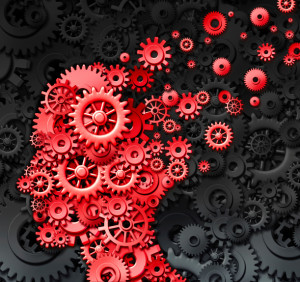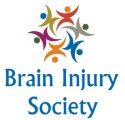
5.3 million people in the USA are living with some level of brain injury, and 2.5 people suffer a traumatic brain injury each year. These individuals want the same things we all do – a productive life, affection, and to enjoy life.
Many people that have diminished cognitive function struggle to reintegrate into the community, and are left feeling isolated and alone. Even close friends may disappear. The injured person may be aware of his or her impairments, and is dealing with personal struggles. Reaching out to these people, understanding their challenges, and helping them to become active participants in the wider community is a duty we can all share.
Brain Injury Awareness Month was created to gain a wider understanding of those in our community who are dealing with TBI, and to de-stigmatize the various conditions associated with a brain injury, such as speech and physical impairments. This will help these people to have a better quality of life, gain the ability to interact with a variety of people, and become integrated into the wider community, and accepted without judgment.
Be a Volunteer
Many brain injury patients cannot return home until completing extensive rehabilitation programs to assist them to function at some level in regular life. These programs are developed for each individual, based upon the degree of the injuries, and involve speech training and physical training so to assist in regaining some level of independence. Look for volunteer activities in your neighborhood and reach out to help. Social interaction with a brain injury patient is believed to reduce recovery time. Make the commitment to donate your time during Brain Injury Awareness Month. The rewards will surprise you.
Caregiver Burnout
Families who have a loved one with a brain injury often suffer burnout. The sequence begins with the accident, whether a car crash, or a member of the military who was injured in combat. After the initial shock has passed, the focus is on doing everything possible to help a loved one recover. As time passes, the injured person reaches a point where he or she can return home. Caregivers need help too, and if you have a friend, relative or associate who is caring for a family member with TBI, take the time to reach out, have a conversation, and share time with them. Your actions can mean far more than you can imagine.
